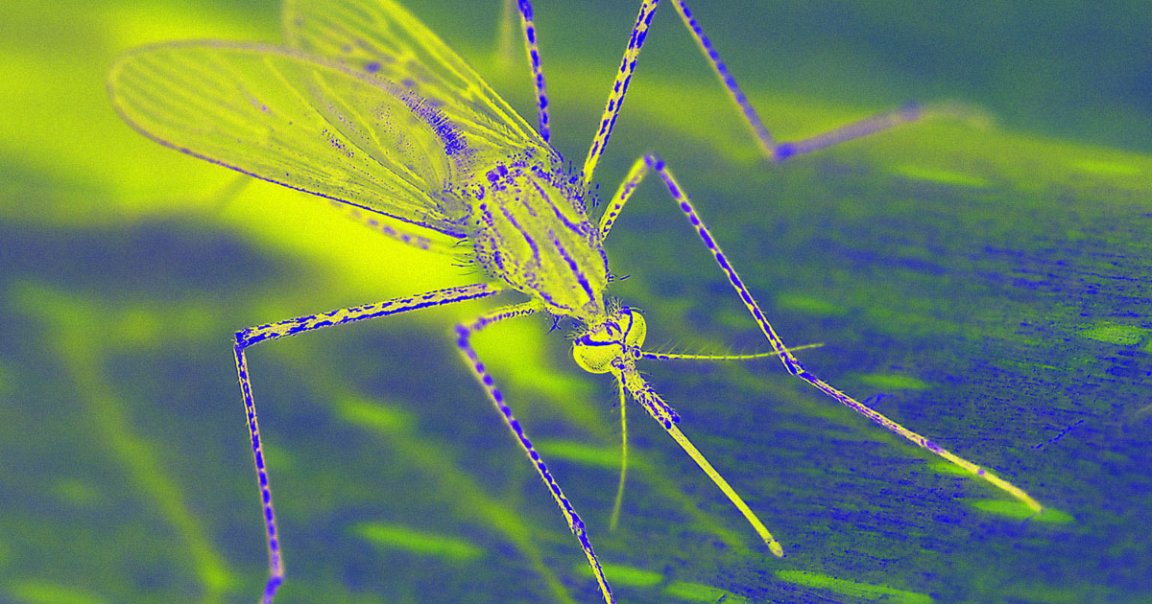
Fly, Pretties!
Over the next two years, the biotech company Oxitec plans to release millions of genetically modified mosquitoes in Florida and Texas in an attempt to stop the spread of diseases like dengue and Zika.
The U.S. Environmental Protection Agency (EPA) has already approved the plan — but a group of biologists, ecologists, bioethicists, and sustainability researchers writes in an article for The Conversation that they’re concerned about the lack of oversight for the effort to effectively hack the ecosystem.
Questionable Attempt
In theory, releasing gene-hacked mosquitoes into the wild is a valid way to kill off or reduce local populations: by engineering sterile breeds of the insect, scientists can drastically reduce the number of bugs born in the next generation.
The concept has worked in a laboratory setting. But when officials in Brazil tried it for real, the plan reportedly backfired spectacularly — giving rise to super-resilient genetic hybrids.
Keeping Watch
The scientists wrote in The Conversation that they’re concerned the EPA hasn’t imposed nearly strong enough measures to monitor Oxitec’s experiment and prevent unintended downstream damage to local ecosystems. They call for specific measures, including an open-source registry for genetically modified organisms designed to reproduce in the wild, to help scientists better understand what’s going on.
“Genetic engineering offers an unprecedented opportunity for humans to reshape the fundamental structure of the biological world,” they wrote. “Yet, as new advances in genetic decoding and gene editing emerge with speed and enthusiasm, the ecological systems they could alter remain enormously complex and understudied.”
READ MORE: Genetically modified mosquitoes could be released in Florida and Texas beginning this summer – silver bullet or jumping the gun? [The Conversation]
More on gene-hacked mosquitoes: Gene-Hacked Mosquito Researchers Are Battling Amongst Themselves